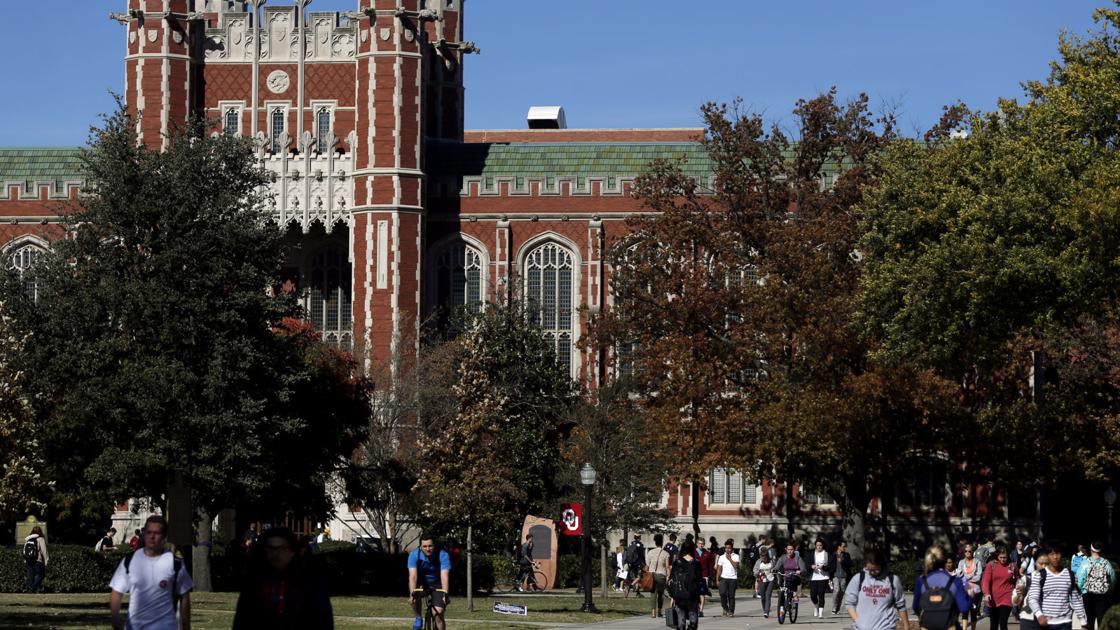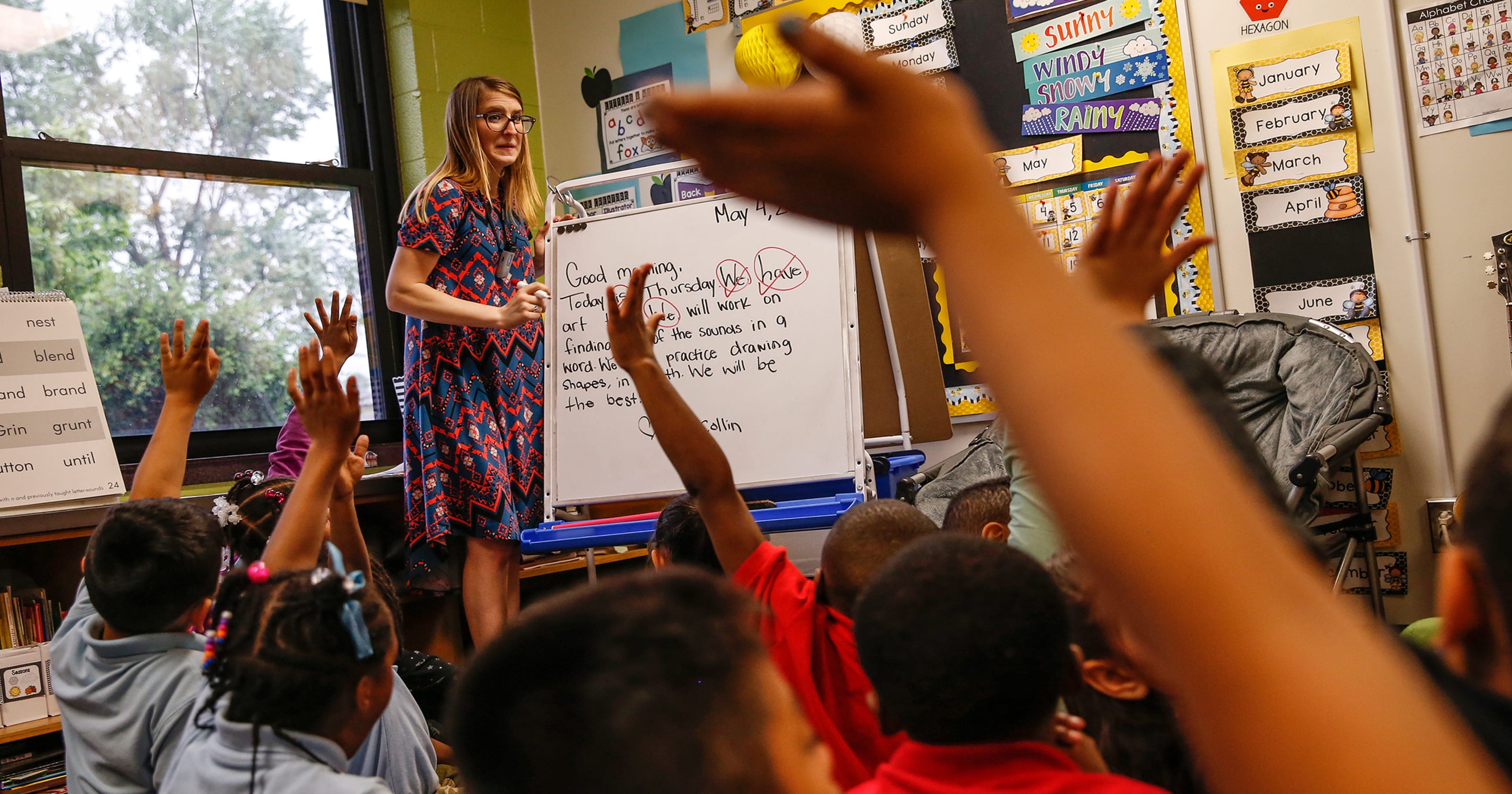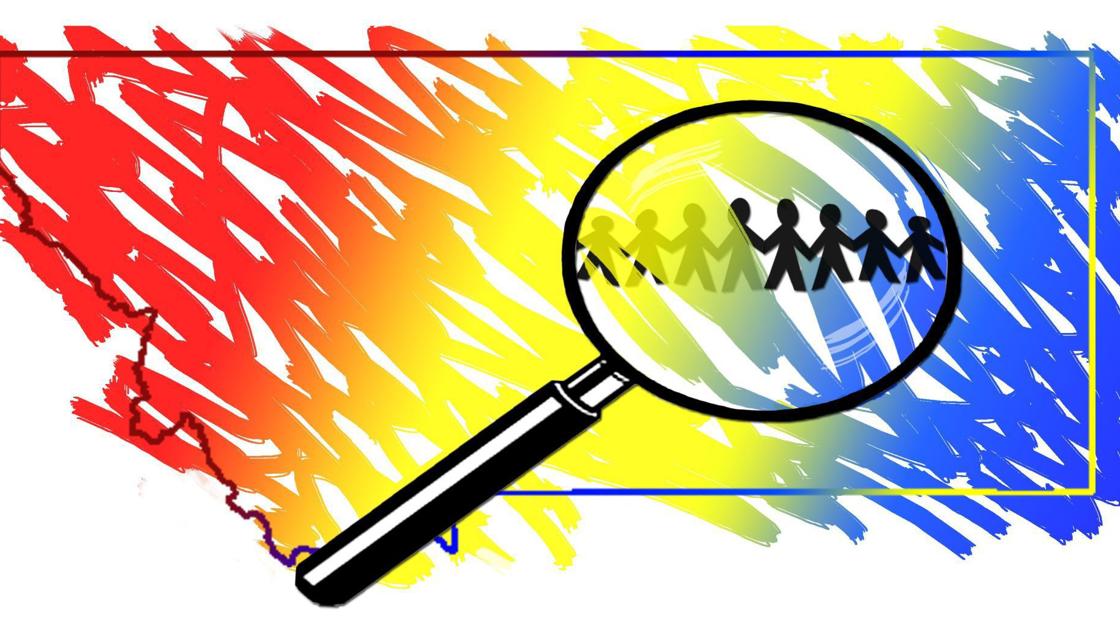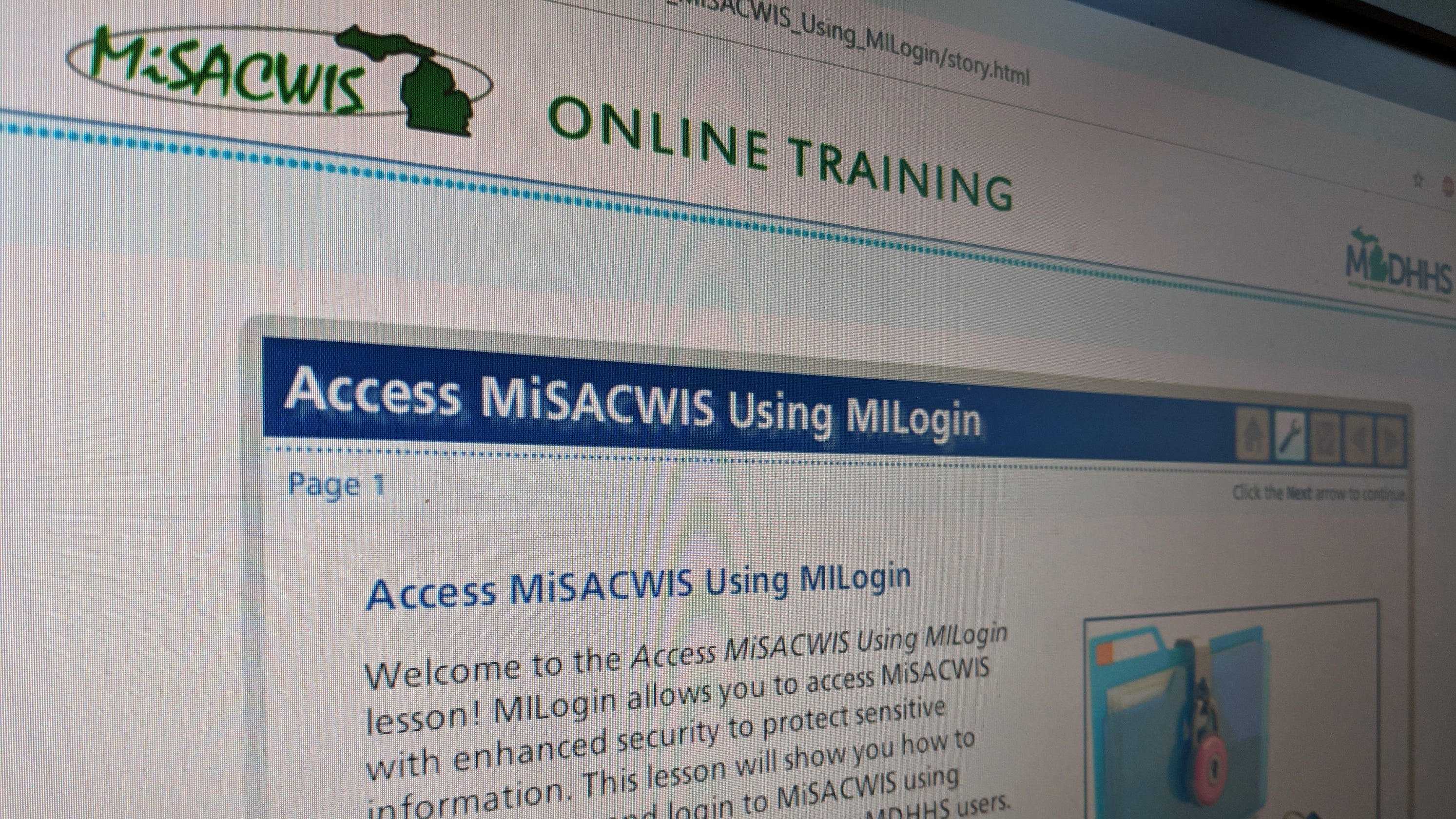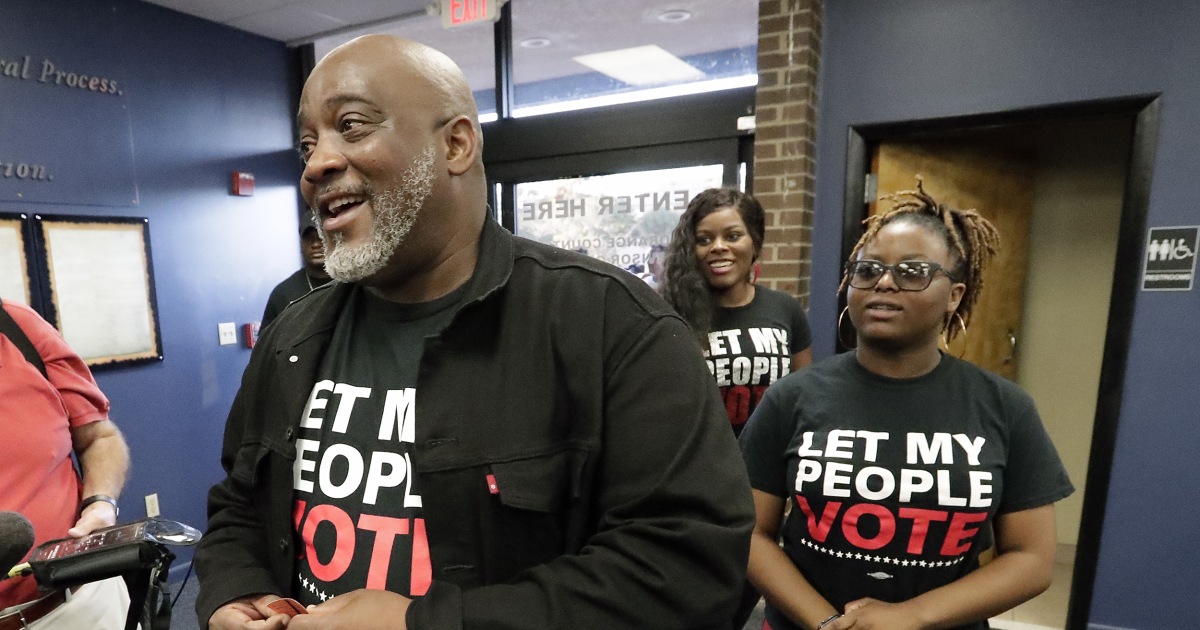Federal regulators Friday approved Ohio’s request to require thousands of Medicaid recipients to work, attend classes or train for a job to qualify
After Medicaid expansion, the number of colon cancer screenings in Kentucky went up. And because early stage cancers were caught, the risk of death went down, according to a new study from the University of Kentucky.
About 60 percent of the approximately 70,000 Missourians purged from the state’s Medicaid program in 2018 lost coverage because they failed to reply to a
The Orlando metropolitan area is now the worst in the country for its shortage of rental housing for extremely low income residents, a new report finds. The region now has 13 affordable and available units for every 100 households that need one.
As far as availability, Houston had the lowest per-capita rate of available affordable units.
Harvard and Stanford researchers say disadvantaged students are still three to four years behind their affluent peers.
More than 85,000 high school graduates have received the tuition scholarship since its inception in 1992.
Indiana school districts are sounding the alarm on projections that call for big cuts in state money that is based on rates of students in poverty.
A recent report trumpeted an alarming statistic; Montana has seen its homeless more than double among rural students in a four year period.
A year ago, Los Angeles City Council members promised to support 222 units of new housing for homeless people in each of their districts. So far, the reality has been uneven, with projects disproportionately concentrated near downtown and poorer parts of L.A., perpetuating a longstanding pattern.
Michigan is considering whether to scrap or salvage a problem-plagued child welfare computer system that has cost the state $231M since 2011.
Rep. Alexandria Ocasio-Cortez called the measure, which would place conditions on the re-enfranchisement of millions, a “poll tax.”






